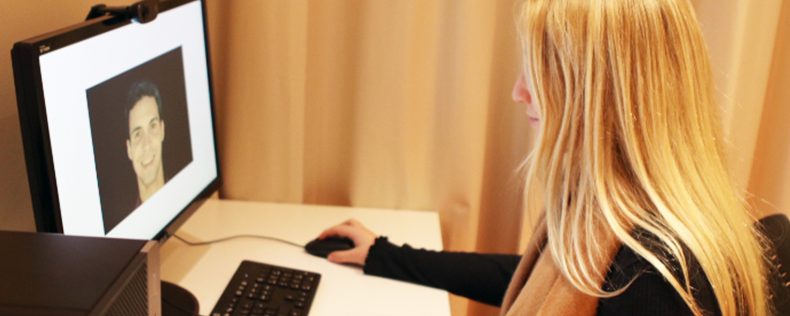In this course, you test relationships between emotion and cognitive functions by creating an experimental group research project in its entirety. Through this process, you actively participate in cognitive neuroscience research by elaborating your own research question, implementing it into an experimental paradigm (for e.g., behavioral measures such as self report, face recording camera, reaction time, etc.), collecting and analyzing data, and interpreting your results in light of neuroimaging literature. Finally, you present your results in the form of scientific papers, oral presentations, and posters. Classwork consists of supervision of your research activities and review of selected research topics (e.g., ethics, design, and methods) within the field of affective neuroscience.
Related Discipline(s)
This course would also be of interest to the following discipline(s):Pre-Medicine / Health Science


